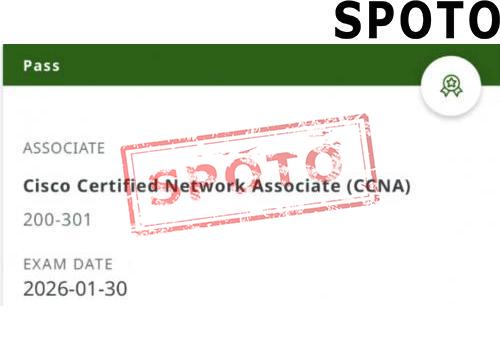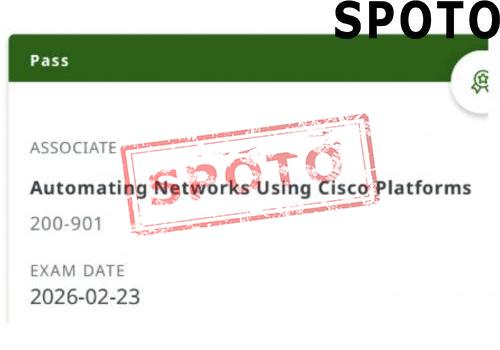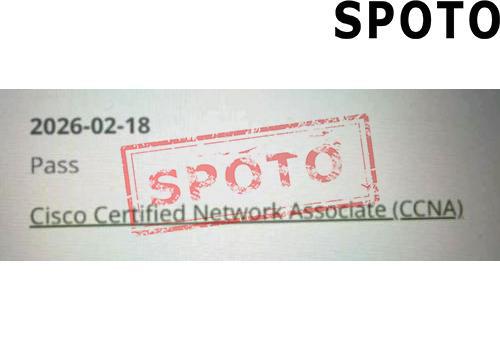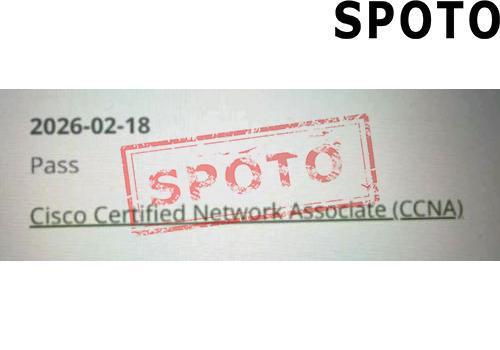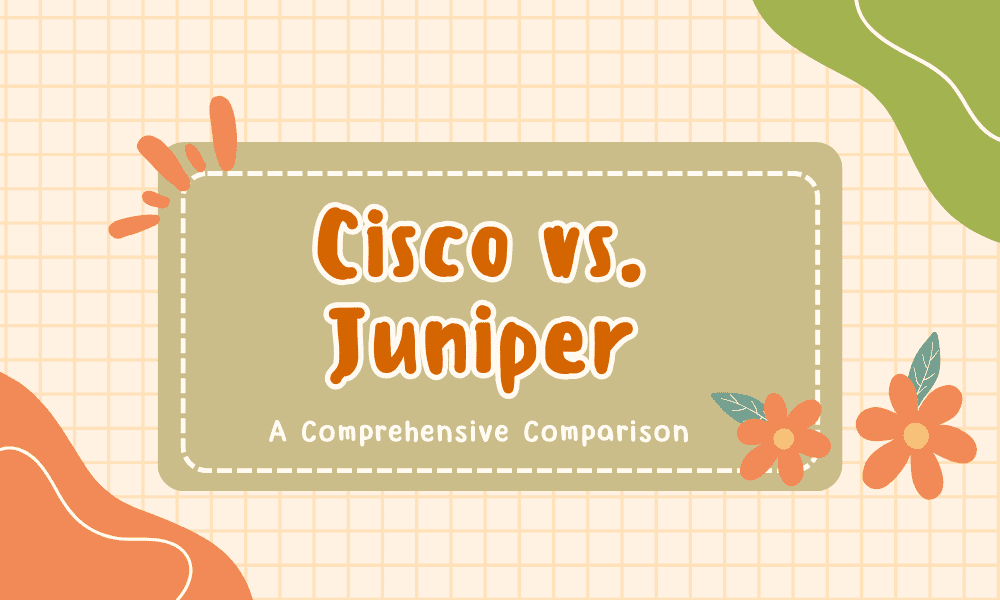
Table of Contents
Selecting the best networking supplier for your data center can be challenging. Leading alternatives include Juniper Networks and Cisco, which may assist in propelling your organization forward with their superior hardware, software, and services. Below is a summary contrasting Juniper and Cisco to assist you in making the best decision for your particular needs.
The first step in comparing Juniper and Cisco is examining their disparate features and capabilities. Juniper has extensive knowledge in AI networking, connected security solutions, and cloud computing. A wide range of networking hardware, including 5G networks and Internet of Things applications, is also available from Juniper, specially developed for these contemporary technological infrastructure settings.
Both Juniper and Cisco have robust customer support teams that are on hand around the clock to help with any problems or questions you may have. Cisco offers extensive technical documentation and live chat assistance. Juniper boasts a rich online help center with a wealth of tools to help you discover information fast.
Essential characteristics of Juniper and Cisco routers
Cisco Routers
Cisco routers come in various series that address nearly every use case and networking scenario. Cisco routers are available for service providers, small companies, branch offices, large corporations, data centers, and industrial environments.
Cisco routers work in a field from one rack unit to complete rack heights. More scalability is possible with some Cisco router types since they are made as completely configurable chassis. Some of the more expensive Cisco router models may offer 100G Ethernet rates. The ASR 1000 Series and the ASR 9000 Series are the two most notable Cisco router models.
Juniper Routers
Juniper provides routers for general-purpose and specialized networking settings. For instance, data centers, service providers, and organizations were covered by the Juniper MX family of routers. Additional series, such as the M, J, and E series, are designed to handle certain networking conditions, such as industrial settings.
Juniper routers range in height from one rack unit to the complete rack. There are other more expensive versions. Up to 100 Ethernet may be supported by some Juniper routers and some of them are available as chassis, giving users flexible port combinations and more space for future modules.
Cisco vs. Juniper Networks: Use Cases
Juniper Networks provides networking solutions for various industries, including banking, healthcare, and education, to satisfy the needs of today's high-performing companies. To build adaptable networks for businesses and communities, Juniper has a strong focus on delivering good products and excellent customer service.
Juniper Networks offers network firewalls, WAN edge infrastructure, enterprise wired and wireless infrastructure support, and indoor location services to enterprises. Its clients are happy with the outcomes. In particular, the network firewalls have received good marks for satisfaction.
Cisco extends its SD-WAN offerings to include five primary use cases. It provides both on-premises and cloud-based security for solutions based on agile controllers. It gets more straightforward to create secure connections and address network problems when comprehensive analytics and historical insights are available.
Cisco also assists businesses with expediting multi-cloud access for applications are infrastructure- and software-as-a-service (IaaS) and SaaS. Optimizing other essential SaaS programs such as Microsoft Office 365 and Salesforce is possible. It also gets easier to monitor workflow and enforce regulations.
Cisco Networking Devices
Many companies build dependable, safe, high-performing communication networks using Cisco networking equipment. With dependability and scalability in mind, Cisco offers a comprehensive selection of switches, routers, security appliances, and wireless solutions. ASR routers, Meraki wireless access points, Nexus switches, Catalyst switches, and ASR switches are among the platforms the firm provides. Cisco offers software solutions like the IOS XE operating system for network routers to networking hardware.
Juniper Networking Devices
Juniper Networks is a leading provider of high-performance networking equipment for companies of all sizes. Juniper offers a range of networking systems, including EX Series Switches, QFX Series Switches, and Junos OS, the company's enterprise version of the JunOS operating system.
Juniper also offers cloud networking technologies, such as Contrail Enterprise Multicloud and Junos Fusion Fabric, to enable application deployment in private, public, and hybrid clouds. Juniper provides various security solutions, including firewalls from the SRX Series and JunOS Space Security Director, which guards against threats.
Overall, Juniper Networks vs. Cisco
Cisco and Juniper Networks offer the best networking solutions for the information technology industry. Although Juniper offers a wide range of features in its reasonably priced devices, Cisco offers a considerably more diverse range of products and solutions.
Juniper can also handle every networking requirement your company has. Leading companies favor principal routing technology. Furthermore, the best deal of hacking may be avoided because of its high level of protection.
Juniper provides creative ways to leverage AI and machine learning while streamlining the cloud configuration process since significant investments in cloud technology and Juniper provides specialized network solutions and customer-focused apps, and its financial outlook allows for much lower pricing points.
Cisco offers consistent network security to its clients as well. A large portion of the market gets held by it. Cloud migration computing is made simpler with Cisco Cloudlock. Additionally, it offers a lively, active community that saves time by simplifying issues.
Greater Market Share and Improved Resources
If you ask any IT specialist, they've undoubtedly dealt with some obscure technology, and they'll be able to tell. It might be problematic as there won't be many internet resources available in time to solve anything. Furthermore, it can lead to the demise of an encouraging community that offers updates and fixes for typical problems.
The abundance of professionals at Cisco who are willing to help is a great asset. It is because, due to its market domination, Cisco is the industry standard for IT networking. As a result, finding Cisco on employee resumes is far simpler than finding Juniper. Conversely, Juniper has fewer tools to help with device configuration and troubleshooting. Additionally, owing to their much lower market share, there are significantly fewer pros with Juniper to pick from. Employers may find it extremely difficult to recruit qualified candidates for the IT team.
So always keep that in mind when you invest in a solution: community support and resources. It is almost a given that the community will be tiny if the market share is small.
